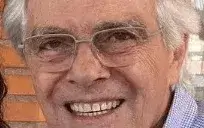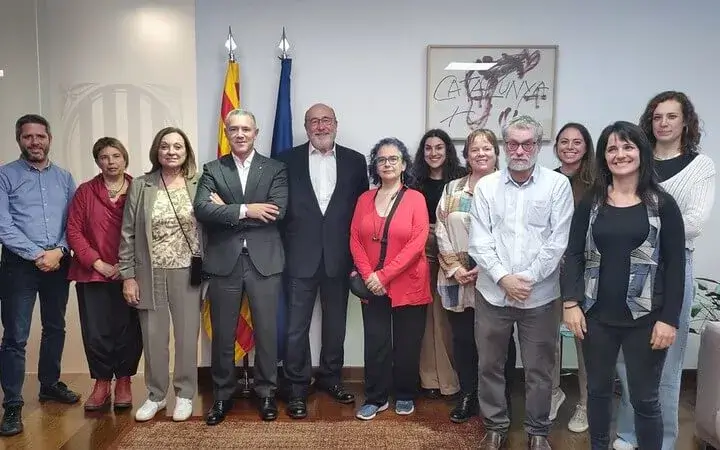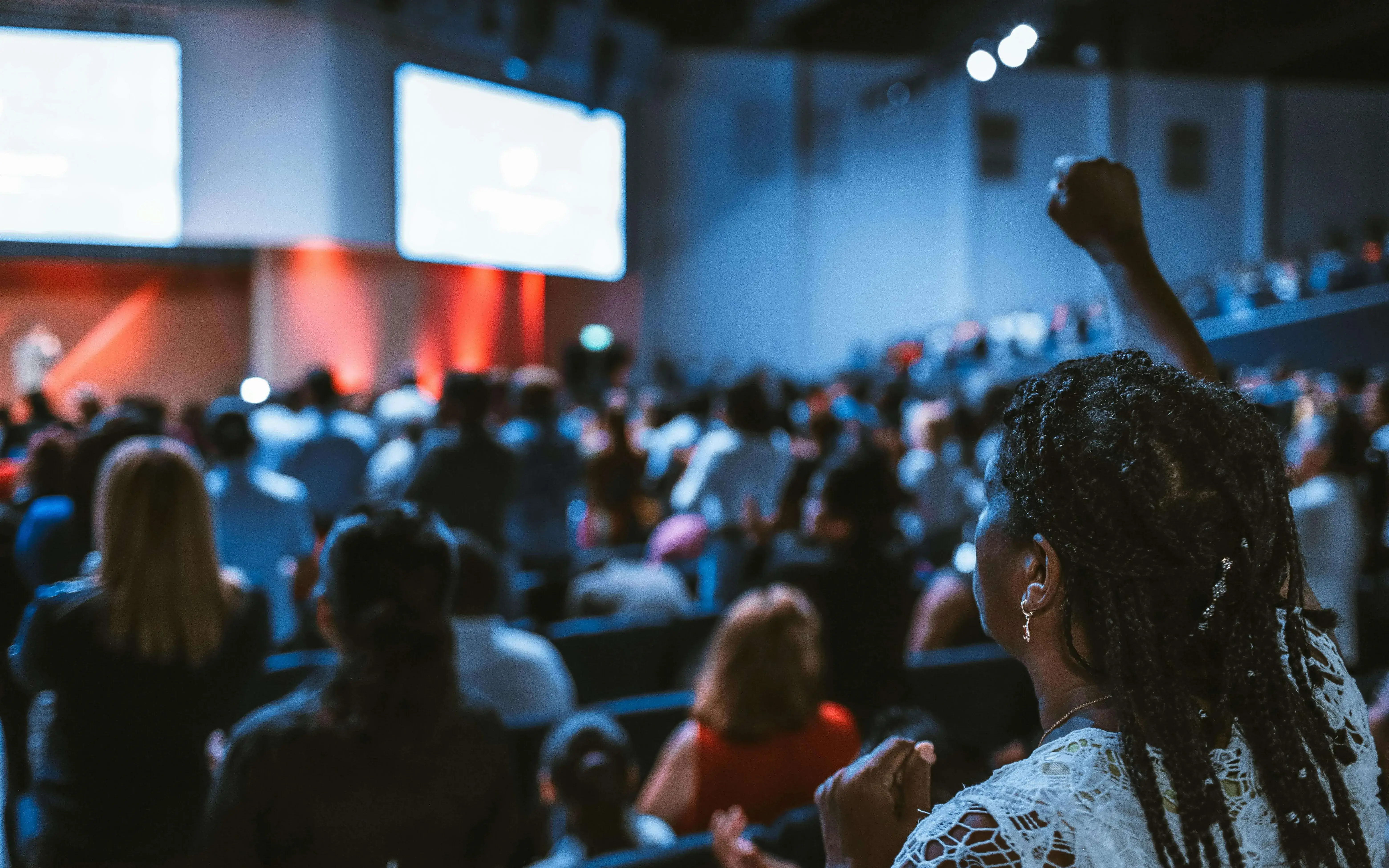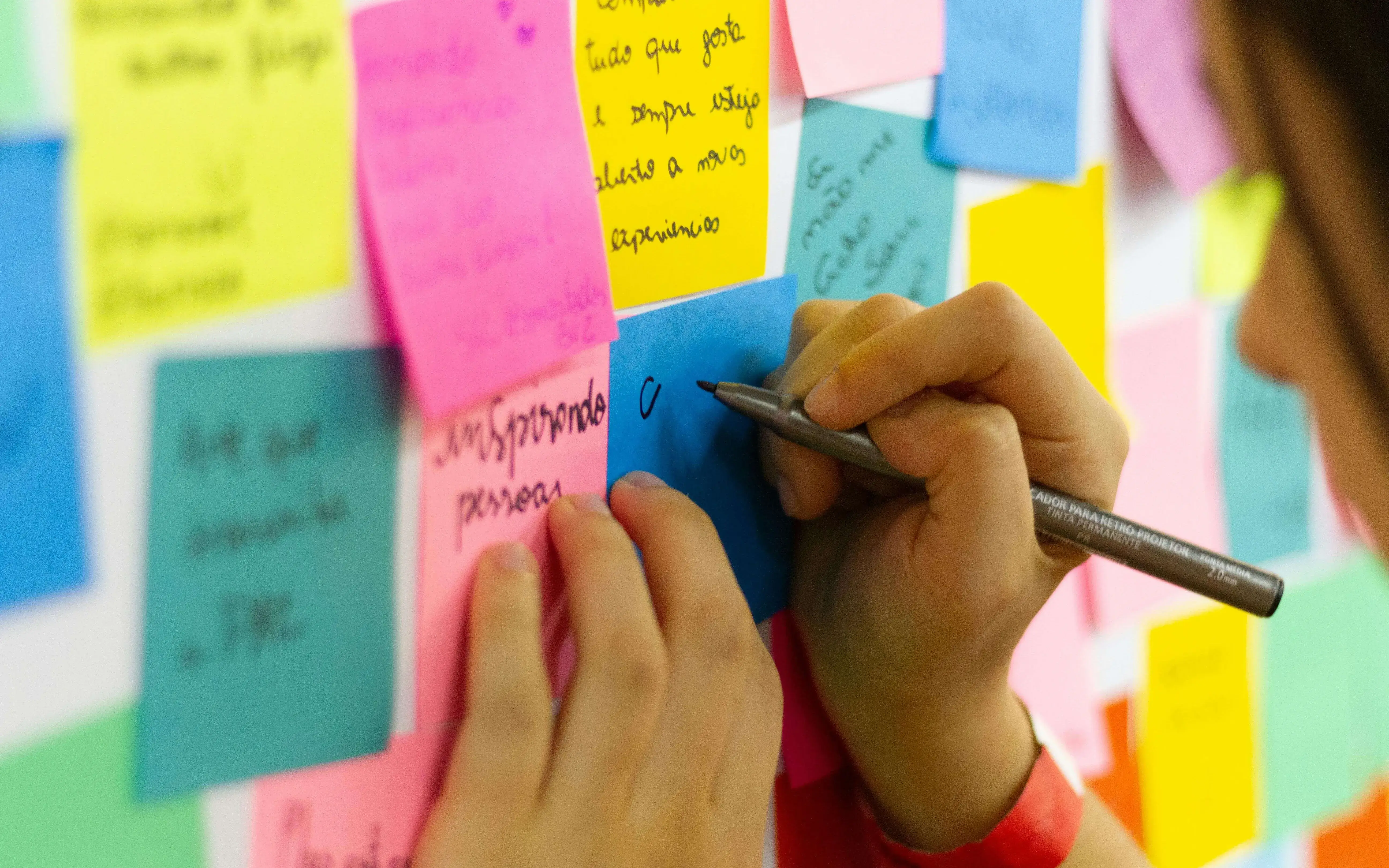Massimo Ferrara: "We try to sell our knowledge and with the money we win, we create a new project"
Massimo Ferrara, of A&I Cooperativa Sociale Onlus, talks about creativity and opportunities in the third sector organisations.
Massimo Ferrara is one of the Third Sector leaders involved in the Eu3Leaders project. The project is an Erasmus+ financed project with the mission to improve the quality of the trainings for Third Sector leaders in Europe.
How do you look for opportunities in your organisation?
We work in a staff, in which we analyse all the opportunities there is in our community, in our territory and we try to put on the table all the ideas that could be good for our organisation. And that we choose the best one, that are nearer to our competences, our mission and our way to view the society, I mean, we are trying to understand in which way we can survive before but also be an important piece of the community, to be something that can grow the community, can create a new link and what new services if it is necessary. So, the spot opportunity normally is like a radar, is the way in which you put yourself in front of the society and you try to understand which is the better way to create services and opportunity for the community and for the organisation.
How much creativity do you use in your daily work?
Depends, depends, really depends, I would like to say kilos and kilos but depends because sometimes my work is not so full of creativity but I’m lucky and the part of my work is also create opportunity for my organisation and to do it I need to use the creativity. We live in a difficult world now because we know we don’t have money, all the world have not money. But we have also a lot of problems with disadvantage people, problem with job, for example, we are working in prison and the prisons in Italy are full, so if you want to do something good, you must use creativity. Well, I’m lucky because, really, I have a lot of colleagues that support me and I support them to create this opportunity using my creativity but also the creativity of all the people that are working with me, put together, shaking and try to obtain something new and something good.
Being a leader in third sector, you cannot escape dealing with ethical dilemmas. How do you engage one another as a team into making the final decision?
Well, I work in a social enterprise but as I said before, I work in a social cooperative and in Italy is difficult, the third sector is a social cooperative. Social cooperative should use all the work, all the work shouldn’t be in the centre and so the decision should be done by the workers, the members of the cooperative, of course if not possible for all the decisions, it’s impossible of course. So we try to create, ok when we have a big decision of the year, ok there is a meeting, an assembly of the members of the cooperative and we decide this big decision, but normally we try to put together the people that know better about the problem and we try to decide together. Of course, this is a process, at the end there is a person that say yes, not in this way, so the process is ok, we try to understand which is the best thing of the organisation about the problem, the dilemma and then well, one of them, sometimes I’m, have to choose, to decide the right things to do this, to engage in this dilemma.
As a leader, how often do you visualize the future of your organisation?
It’s hard, it’s really hard because as I said before, we are a social cooperative, we live normally with the money of the institution, I mean, ministry, municipality, region, etc. but they haven’t money, so is very difficult to go on. So, we try to create a new way in which we stay in our community, we try to engage more the same community, we try to be part of the community and the community, part of our organisation, I will explain better. When I see that there is a problem in my community, I try to understand before there is a fund for this problem, yes? Ok we try to obtain this fund and work against this problem, if there is not fund, we try to understand if we can find in another way the fund to create our project. For example, we try to sell services to people that can buy our services, people it means also companies. We sell orientation, we sell specific professionals. The point is we try to sell our knowledge and with the money we win, we create a new project. At the end, we try to understand if the community can resolve itself the problem, but, if it is possible we try to move the community to do it. I say that because I think the future is different of what might be. We would do, we will engage in a different way, we will be activator, we will try to obtain our way to stay in the community, what does it mean? It mean that we have to work a lot, really a lot. But I think that it is possible, we only have to use the creativity to obtain this goal.
* “This project has been funded with support from the European Commission. This publication [communication] reflects the views only of the author, and the Commission cannot be held responsible for any use which may be made of the information contained therein.”











Add new comment